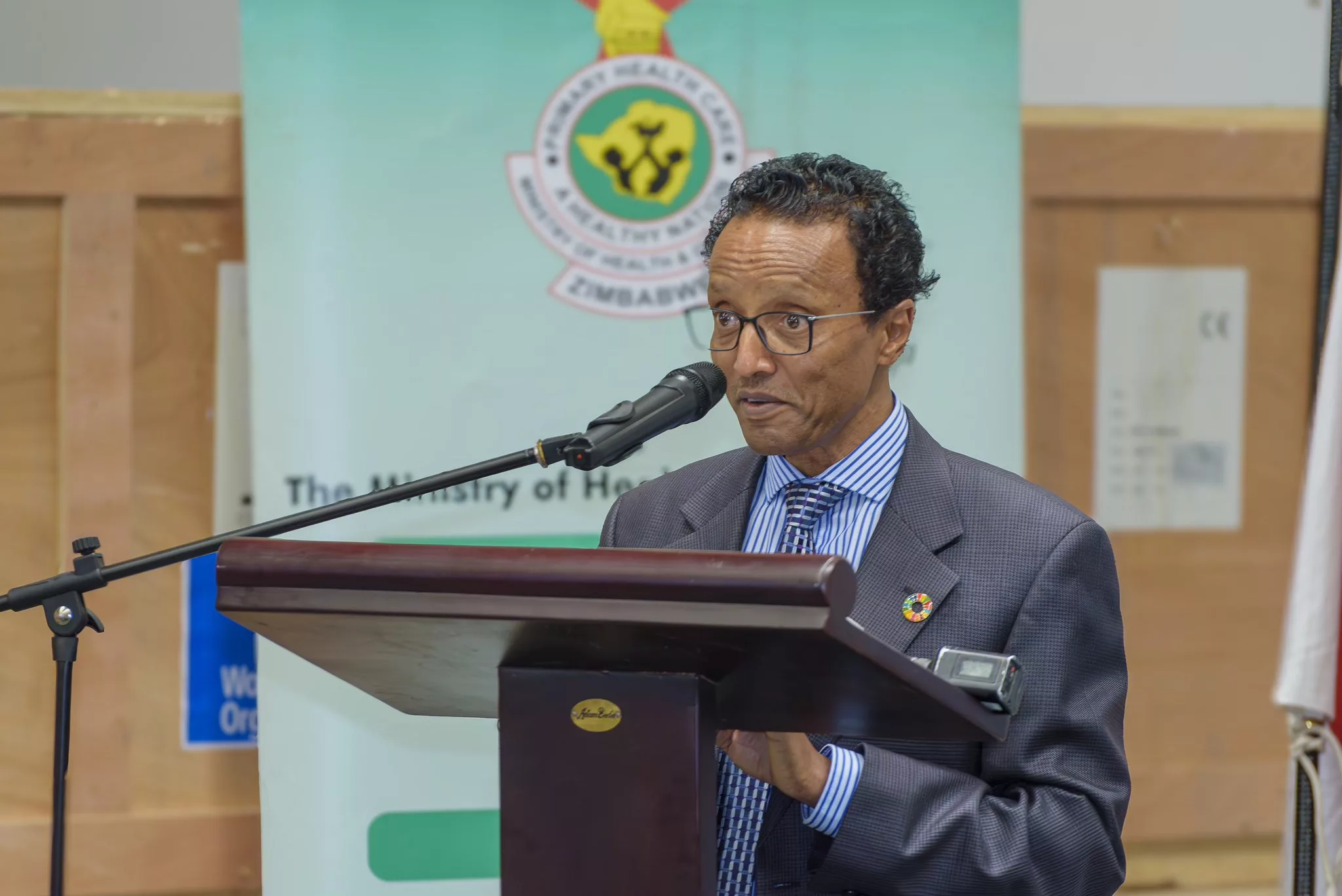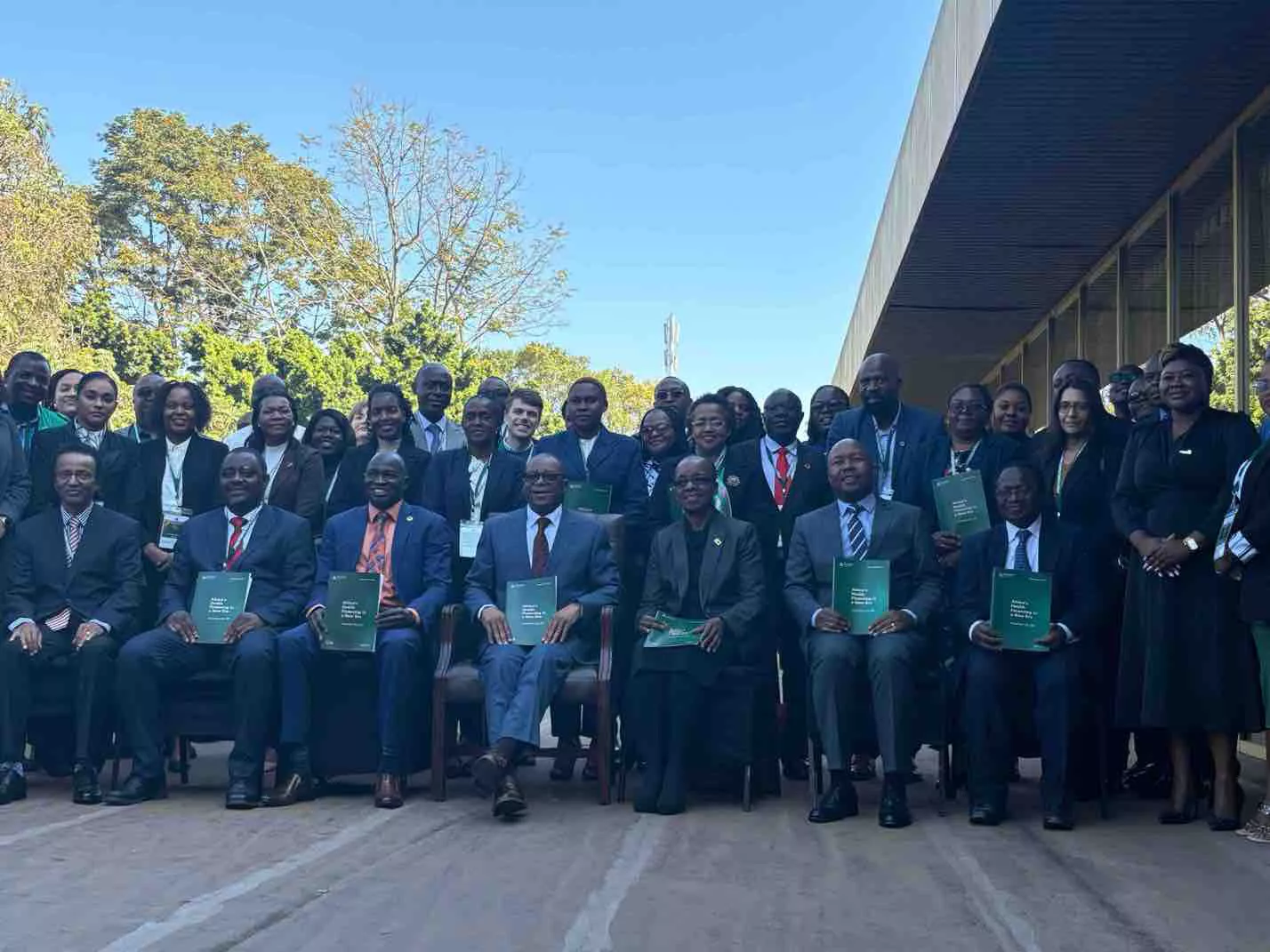By Zimbabwe Environmental Law Association (ZELA)
Introduction
The government of Zimbabwe has started processes to develop the 2021 National Budget. Last week, two important 2021 budget formulation milestones were achieved namely; Public Hearings on the 2021 Budget and the release of the 2021 Pre Budget-Strategy Paper. The 2021 Pre Budget Strategy paper themed, “ Building Resilience and Economic Recovery Post Covid-19,” is meant to facilitate and guide consultative discussions on policy direction for the 2021 National Budget consistent with the upcoming economic blueprints, the National Development Strategy 1 (NDS1), and the aspirations of Vision 2030. The country’s hopes to achieve economic recovery and the middle-income status as expounded by Vision 2030 is anchored on mining. This is further confirmed by the government’s set target to achieve the 12 Billion Mining industry by 2023. The 12 billion strategic roadmaps are being used as a lever to unlock the potential that the country’s mineral resources have in driving an economic revival and domestic resource mobilisation. Last week, ZELA made two important interventions in an effort to raise awareness on how the National Budget should be framed for the mining sector to deliver on development.
The organisation managed to share its views on the mining governance aspects that the 2021 national budget must include during a virtual platform organised by Zimbabwe Diamond Allied Workers Union (ZIDAWU), a community based organisation whose mandate is to fight for the social and economic rights of workers and communities in the diamond sector;
As the Publish What You Pay Coordinator of the Zimbabwe chapter, and in consultation with the coalition members, ZELA produced a statement which highlights the mineral transparency issues that stakeholders in the natural resources sector must look out for in the 2021 National Budget.
The extent to which the released 2021 Pre Budget-Strategy paper captures the government’s policy direction in relation to mining governance reforms is a matter of interest to ZELA. This statement is a quick assessment of the government’s 2021 budget policy direction from a mining governance perspective.
Modernisation of the Mining Cadastre System
As expected, the 2021 Pre-budget paper speaks to the government’s policy direction on the modernisation of the mining cadastre system as part of the measures to improve transparency and investment in the mining sector. The Artisanal Small-Scale Mining Sector (ASM) has been associated with several disputes arising from multiple claim ownership. There is no transparency in the awarding of claims, and this has fuelled disputes and corruption leading to loss of claims by women and men in the sector. Ultimately, this has affected livelihoods for several women depending on the ASM sector in Zimbabwe. The Budget policy direction acknowledges that the current state of the cadastre system is making the country lose potential revenue from the mining industry. Committing to revamp the current mining cadastre system is not new. One hopes that this necessary project will see the light of the day this time around.
Mines and Mineral Amendment Bill
The 2021 Pre Budget-Strategy Paper also anchors mining sector governance reforms on the finalisation of the Mines and Mineral Amendment Bill. The failure by the country to leverage on the minerals to generate maximum social and economic dividends has been largely fuelled by outdated mining legal instruments such as the Mines and Mineral Act of 1961. Among other problematic issues that the current Act possesses especially in the governance of mineral resources, front is its failure to recognize the ASM activities and the rights of other social groups that are affected by mining activities. The current process to amend it as the 2020 Pre Budget-Strategy paper alludes to, presents opportunities to remedy some of the loopholes in the country’s policy mechanisms to enhance transparency in the mining sector. It is from this background that ZELA is fully in support of the government’s move to prioritise the finalisation of the Bill. However, it is important to note that there are several grey areas that the Bill should address to improve transparency in the sector. ZELA has heavily invested in the Mines and Minerals Amendment Bill in terms of providing suggestions on the clauses that must be included in the Bill for it to speak to the current mining context and we expect such provisions to be considered during the finalisation of the Bill. One of the grey areas is its inadequacy to conform to the best standards and tenets on mining transparency that the African Mining Vision speaks to. During the just-ended Zimbabwe Alternative Mining Indaba (ZAMI), stakeholders in the natural resources governance sector including the PWYP members made a submission that the government should consider incorporating provisions on mining contract disclosure in the current Mines and Minerals Amendment Bill.
Extractive Sector Transparency Initiative ( EITI)
There is no mention of EITI in the just-released Pre Budget Strategy paper. The government has been missing in action in terms of providing a clear policy position on EITI perhaps suggesting that the country had a false start on EITI, a similar fate that the Zimbabwe Mining Revenue Transparency Initiative ( ZIMTI) faced. Given that the Mid-Term Budget Review did not give an update on the adoption of the EITI standard, one would have expected the 2021 Pre Budget Strategy Paper to break the silence and provide a formal policy position on the way forward with regards to this initiative. The government’s argument is that the country should not rush to adopt EITI.
In July 2020, the Minister of Mines and Mining Development, Honourable Chitando indicated that there is a need for an in-depth knowledge fair on the EITI concept before joining the EITI. This is understandable and perhaps the stakeholder engagements that the government had committed to steering during the 2020 Budget cycle would have contributed towards this knowledge fair process. EITI adoption presents an opportunity for Zimbabwe to quickly ventilate the mining sector ( through making public mineral governance information such as contract awarding, licenses and mining contracts, payments made by companies to government, revenues received by the government, revenue appropriation by governments, and the actual benefits to the citizenry ) given the slow pace in realigning transparency laws with the 2013 constitution. Currently, there is no public disclosure of information such as tax revenue that the government receives from mining companies, heightening the perceptions by the citizens that mineral revenue is not being managed properly.
Community benefits
The 2021 Pre Budget-Strategy paper makes no reference to the new policy direction on the financing of Community Share Ownership Trust Schemes (CSOTs). Communities have a constitutional right to benefit from the extraction of mineral resources in their communities. The government of Zimbabwe established CSOTs in 2010 through the Indigenization and Economic Empowerment (IEE) Act. CSOTs no longer have a legal backing due to the government’s reversal on the IEE Framework. The 2019 Midterm budget review statement and supplementary budget confirmed an end to the Indigenization Framework. A proposal was made in the 2019 mid-term budget review that a new empowerment framework will be formulated after the IEE framework was reversed. Up to date, there is no new policy framework that the government has managed to come up with on benefit sharing.
What needs to be done?
The important measures that the 2021 Pre Budget-Strategy paper provides in terms of mineral governance policy direction are worth it. However, more still needs to be done in terms of strengthening the mining governance landscape. What is important to take note of is that the remaining budget processes provide a window to strengthen the 2021 National Budget’s pitch on mining sector transparency policy direction and ensure that all commitments that the government makes in the 2021 National Budget are implemented. These include the following;
· The 2021 National Budget must provide a clear government position on EITI, including the steps that the government will undertake to implement EITI or its local version.
· The 2021 National Budget must put in place mechanisms to harness low hanging fruits to deliver mining tax transparency reforms. Low hanging fruits include the disclosure of mining sector performance across each revenue head and the revenue performance of key mineral sectors like gold, platinum, and diamond.
· There is a need for the 2021 National Budget to avail enough resources towards the establishment and implementation of the computerised mining cadastre system.
· The 2021 National Budget must outline a policy direction on revenue-sharing arrangements between the national government and resource-rich local authorities.






